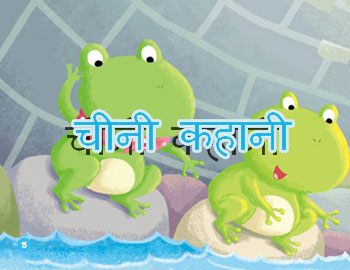One of the conference subjects which caused public concern is that the two conservative think tanks agreed that cooperation between the two countries, as well as with Japan, is necessary in order to "determine the parameters of security" in the Indian Ocean and Pacific regions in the face of an assertive China.
From a certain perspective, it is no surprise that those Indian and American scholars put forward the above-mentioned views towards China, especially since some of the Indian scholars are retired three-star and four-star generals, including former Indian Army Chief General NC Vij, who was the head of the Indian delegation and is also the director of the VIF.
As a major regional power in Asia, India does not feel at ease with China, a larger and more powerful neighbor. It admires China's imposing transformation, especially its economic takeoff, but it has never relaxed its wariness of China's rise. Some conservatives and hard-liners in New Delhi have always targeted China as the country's biggest security challenge, even threat, apart from Pakistan.
Against the backdrop of China's growing influence in the Pacific-Indian oceans region, India and the U.S. drawing closer to each other, and even Japan, is an inevitable trend. It is a basic instinct based on mutual suspicion of China. In their eyes, China has taken an increasingly hard-line stance in its territorial disputes.
But New Delhi should know that Washington and Tokyo want to manipulate India as a check in their balance-of-power games with China. These are strategic traps for India. If India falls into them, it will become a pawn of the U.S. and Japan, which will create a huge negative impact for Sino-Indian relations and cause the loss of a lot of development opportunities. It will also relinquish its independent foreign policy, which it has cherished for the last 70 years.
New Delhi also should know that the U.S has a broader vision toward its ties with China. It is not only about Asian geopolitics, but also about U.S. dependence on the Chinese economy, bilateral cooperation in global affairs, and the balance of global strategies. As China is the world's second-largest economy, the U.S. must keep a steady relationship with China. Washington, including Donald Trump himself, has always believed in pragmatism.
As a major developing power with a strong sense of national dignity and pride, if India wants to seek security with aid from outside forces, it will eventually become insecure. The better choice is to be open-minded and to stand shoulder to shoulder with its biggest neighbor, realizing common development and security. Do not forget that nearly 30 years ago, Mr. Deng Xiaoping expressed the idea that Asia's rise will not be complete without the rise of both China and India.
Text by Qian Feng(The author is former India bureau chief of People's Daily.)










